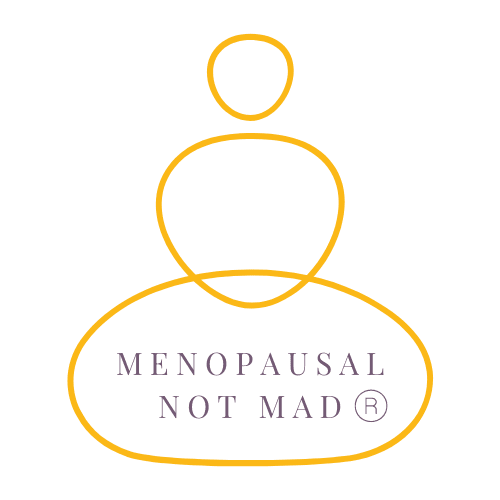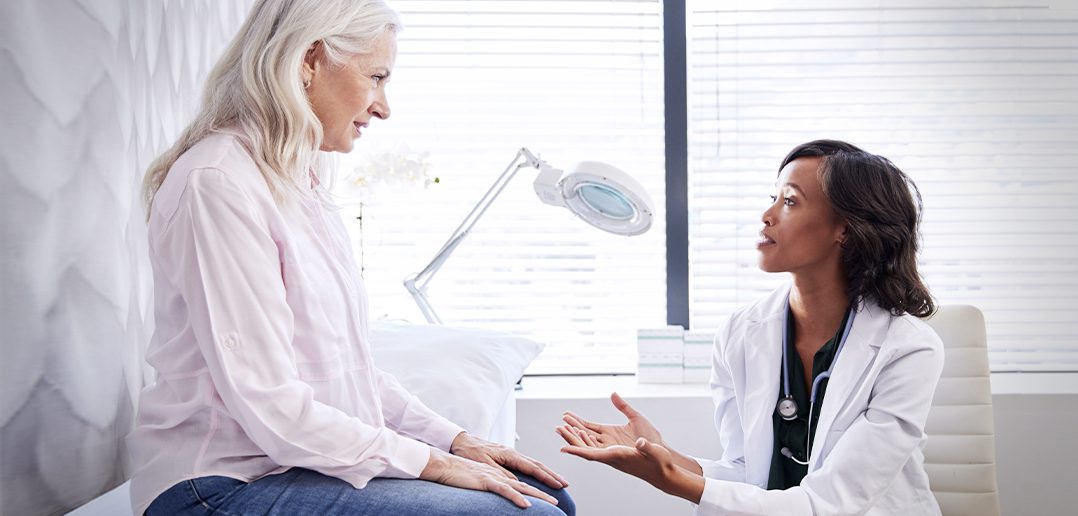Genitourinary Syndrome of the Menopause (GSM)
often known as: Vaginal Atrophy
Diagnosing and Treating GSM (March 2021)
About 80% of menopausal women experience symptoms related to GSM but only around 8% of women currently receive treatment!
This is heartbreaking and needs to change!
The impact of atrophy extends into all elements of a woman’s life; including what she can wear (trousers can be very uncomfortable!), whether she is able to (or even wants to) have sex, and her overall ability to enjoy life to the full.
It can also include bladder issues such as increased regularity in needing the toilet, leakage, urgency to go to the toilet or total urinary incontinence!
If this is you then you don’t need to put up with it and it’s not an acceptable part of ageing.
The lack of estrogen has quite simply thinned and dried up the skin within the vagina and/or the estrogen receptors at the neck of the bladder are very upset with you! resulting in an assortment of possible issues including the above bladder problems or vaginal or vulval pain, itching, burning and a susceptibility to infection.
Not every women will experience these symptoms but if you do, nothing is going to be fixed until you replace the missing estrogen which can be via a programme of HRT and/or via locally applied estrogen cream, ring or pessary to gently replace the estrogen at the actual problem area.
The cream, pessary or vaginal ring are available on prescription, but are also available via online doctors. (Ovestin or Vagifem are the most popular options).
*(Only use verified organisations for online medications)
NOTE:
Many women are told they cannot have vaginal estrogen alongside systemic HRT (patches, gel, tablets etc..) which is totally NOT TRUE!
Please read the 2020 comment from the British Menopause Society (BMS) HERE
Locally applied estrogen cream is extremely safe even if you have reasons for not taking HRT, as the hormone is in a very low dose and doesn’t enter your whole system; However, if you prefer non hormonal remedies, it’s worth trying over the counter lubricants such as Regelle to make sure that the dryness doesn’t come back; but do make sure that you use one suitable for the vaginal area to avoid any further problems.
There are a few different options for vaginal Estrogen including:
Ovestin (cream)
Vagifem (pessaries)
Estriol (weaker cream so you need more)
Estring (a ring inserted into the vagina and left in for 3 months)
Intrarosa (DHEA converts to Estrogen and Androgens)
Blissel (very low dose)
Estrace (available in USA)
Synopause (available in South Africa)
Although Ovestin and Estriol are both creams, they are different strengths so you use much less Ovestin than Estriol.
Here’s the official line…
Estriol v Ovestin
Whilst Ovestin® 0.1% cream is 10 times stronger, the amount of cream delivered per application is 10 times less than that of Estriol 0.01% cream meaning that both creams deliver an identical amount of Estriol (0.5mg) per application.
Your bladder just needs this cream or pessary too and it will be best inserted high into the vagina on a regular basis to calm those poor aggravated estrogen receptors.
*Always speak to your doctor before starting or changing any medication





